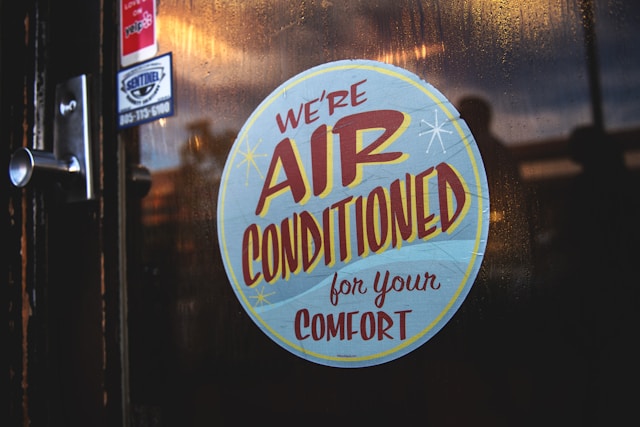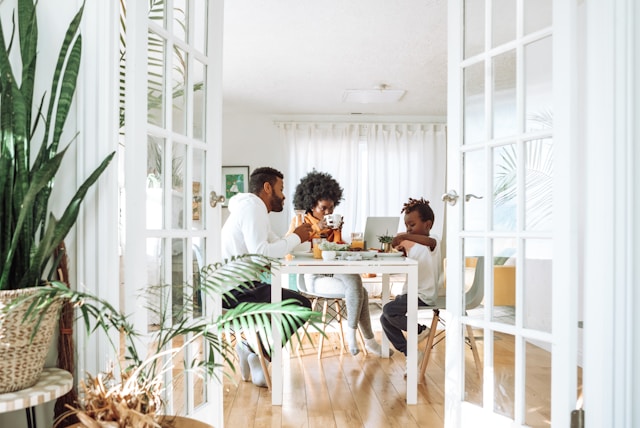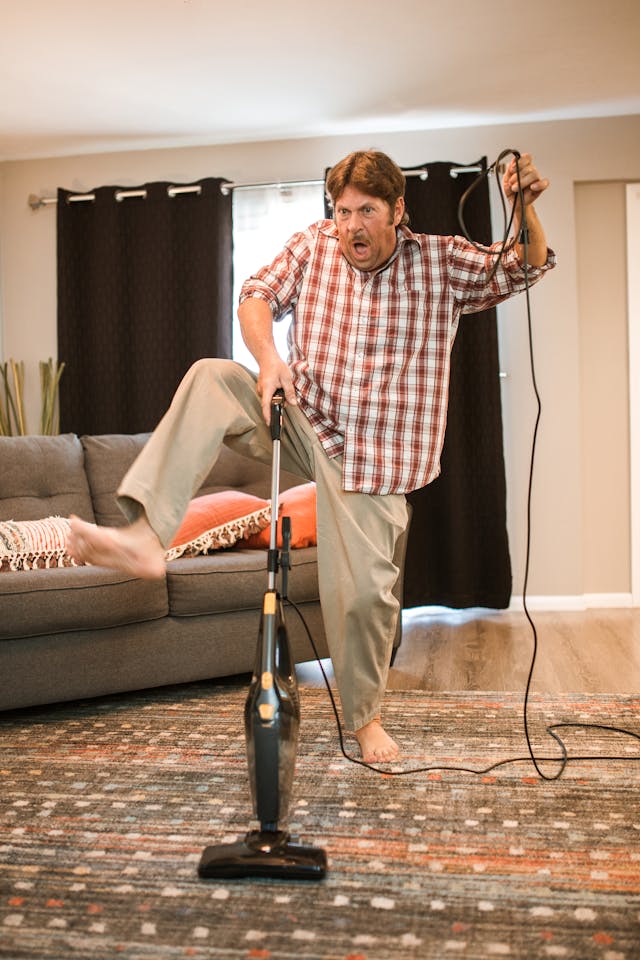How Often Should You Change Your AC Filters?
3rd Jul 2024
If you are lucky enough to live in the vibrant and humid climate of Miami-Dade, Broward, or Palm Beach counties, your air conditioning system is more than a luxury—it's a necessity. Keeping your home comfortable depends on keeping your HVAC system running efficiently. It’s no surprise that one of the most frequently asked questions about AC maintenance is, “How often should I change my AC filter?”. The answer is, “it depends”. Wow, frustrating, right? But the answer to the question about how often to change the AC filter really depends on the environment the HVAC system is servicing and the type of AC filter you use.

The Job of Your AC Filter
Your AC filter traps dust, pollen, pet dander, and other airborne particles. Their key role is to keep this gunk from entering your HVAC system. Keeping out particles improves your indoor air quality and helps keep your system clean and operating efficiently.But, over time, these filters become clogged with debris, reducing airflow and forcing the system to work harder. This can lead to higher energy bills and potential breakdowns.
4 Key Factors Influencing Filter Change Frequency
When determining how often to change your AC filter, you need to consider 4 main factors.

Type of AC Filter You Use
The type of filter installed significantly impacts how often it needs to be changed. Basic fiberglass filters are inexpensive and generally need replacement every 30 days.
With the application of a tacking agent, those filters last twice as long. Dry tack filters can last up to 60 days and also trap more particles.
Pleated filters, which are highly efficient at trapping particles, can last up to 90 days. The pleats create much more surface area, so these filters trap more and last longer.
As you increase the life of the filter, the price of the filter increases as well.
Environmental Factors
The environment your unit services also plays a crucial role. In Southeast Florida, we have high humidity in the months we need our ACs the most. That moisture can cause filters to clog faster. Also, if your home is close to the water, near construction sites, busy roads, or in a neighborhood with loads of pollen-producing plants, your filters will likely need more frequent changes.

Household Size, Number of Pets, and Activity Level
Let’s face it, a single person with no pets just doesn’t generate as much dust and debris as a busy family. The larger and more active the household (opening those doors frequently), the more particles generated. This clogs filters faster. Also, the number and type of pets also impacts the number of particulates in the air. Parrots (especially African Greys) create fine dust. Shedding cats and dogs introduce fur and dander into the environment as well.
Finally, it’s no surprise that smoking indoors causes filters to become dirty more quickly. But burning candles also dirties your filters.
Allergies and Respiratory Conditions
If anyone in the home has allergies, asthma, COPD or other respiratory conditions, changing your filters more often is important to maintain optimum indoor air quality and help reduce symptoms.
If you or family member have respiratory conditions, opt for higher efficiency filters and replace them every 30 to 60 days.

Signs Your Filter Needs Changing
Here’s a few signs that it might be time to change your AC filter.
- Reduced Airflow: If you notice less air coming from your vents, check your AC filter.
- Higher Electric Bills: A sudden spike in the electric bill can indicate your system is working harder because your filter is dirty.
- Dust Around Vents: Excessive dust around your vents can signal a dirty filter.
- Allergy Symptoms: Does anyone sneeze or have watery eyes the minute the AC kicks on? You may have a dirty filter or mold in the AC.

Tips for Maintaining Your AC System
Keep your HVAC system running efficiently and the air in your home cleaner by performing just a few simple maintenance tasks.
- Regularly Inspect Filters: Make it a habit to check your filters monthly. Even if you don't need to change them that often, regular inspections will help you catch any issues early. If you have problems remembering to check your filter, use one of these 5 Ways to Remember to Change Your AC Filter.
- Keep the Area Around Your HVAC System Clean: Keep the area around the HVAC unit free from debris, dust, and other obstructions. Regularly vacuum around the return vent if it is accessible.
- Annual Professional Maintenance: Have your system inspected and maintained by an HVAC professional at least once a year. They can clean the system, check for issues, and ensure everything is running smoothly.
- Invest in a High-Quality Filter: While high-quality filters might cost more upfront, they last longer and provide better air quality, making them a worthwhile investment. Get custom AC filters so you know your filter fits perfectly. If your filter doesn’t fit, air flows around it and not through it. That’s a bad thing.
Think it is time to change your filters? Check your filters today—your system and your wallet will thank you.

